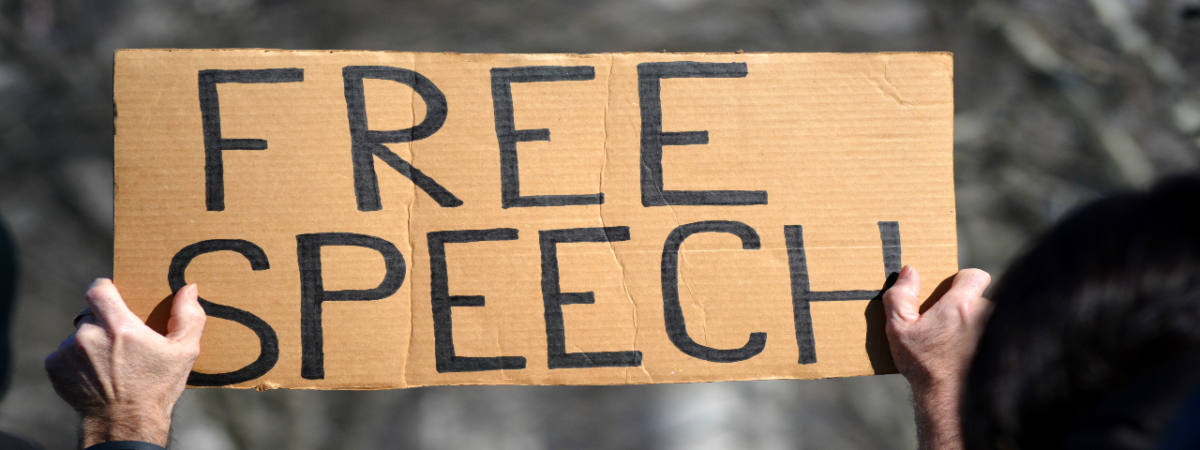Raise interest rates to 1.5% and start ‘quantitative tightening,’ votes Shadow Monetary Policy Committee
SUGGESTED

Marc Glendening writes for CapX


The Bank of England has allowed itself to get “behind the policy curve”, says Committee
• The IEA’s Shadow Monetary Policy Committee (SMPC) has again voted unanimously to raise UK interest rates.
• Members were split four ways on the size of the rate rise, but the consensus was an increase of three-quarters of a point, to 1.5 per cent.
• There was also a majority view that ‘quantitative easing’ (QE) should be reversed.
• They recommended that the Bank start the process of active ‘quantitative tightening’ (QT) by selling back government bonds that have been bought under the Asset Purchase Facility.
• An opening salvo of £10 billion of gilt sales per month was suggested.
• Three members were in favour of combining tightening monetary policy with loosening fiscal policy.
During the quarterly SPMC meeting, members noted that rising inflation, and rising inflation expectations, mean that real interest rates had continued to decline in recent months, and were even further below zero.
A bigger increase in nominal rates was needed to get them back to a more appropriate level and to send a clearer signal to the markets.
Most members agreed that excess growth in the supply of broad money has been the main driver of inflation. The SPMC has been warning of the risks for over a year, having signed a letter published in the Financial Times on 26 April 2021 calling for an end to asset purchases.
Some noted that money growth has already slowed sharply, and that a further tightening in financial conditions could add to the headwinds from tighter fiscal policy.
But even at 1.5 per cent, interest rates would still be relatively low, and an increase to this level would be unlikely to tip the economy into recession. The MPC now needs to do more than expected in order to restore credibility and to get inflation back under control over the medium term. This will make a vital contribution to easing the cost of living crisis.
Julian Jessop, member of the SMPC and economics fellow at the Institute of Economic Affairs, said:
“Any tightening in monetary policy could add to the pressures facing households and businesses, but the alternative of allowing inflation to remain higher for longer would be much worse.”
ENDS
Notes to editors
1. The Shadow Monetary Policy Committee (SMPC) is a group of independent economists whose purpose is to monitor the decisions of the Bank of England’s official Monetary Policy Committee and make policy recommendations of its own.
2. The SMPC has met at least once a quarter at the Institute of Economic Affairs (IEA) since July 1997, making it the first such group in the UK.
3. The minutes of the April meeting can be found here: Minutes of the SMPC meeting of 12 April 2022
4. The letter to the FT can be found here: Letter: BoE must end its asset purchases to avoid stoking inflation | Financial Times (ft.com)
For media requests, please contact:
Emily Carver, Head of Media, +44 (0)7715 942731, ecarver@iea.org.uk
For further information on the content please contact:
Trevor Williams + 44 (0) 7841 497791 trevor@trevorfwilliams.website
Andrew Lilico + 44 (0) 7886 711735 andrew.lilico@europe-economics.com
Julian Jessop + 44 (0) 7798 601692 julianhjessop@outlook.com



